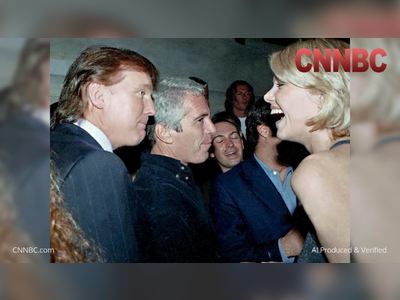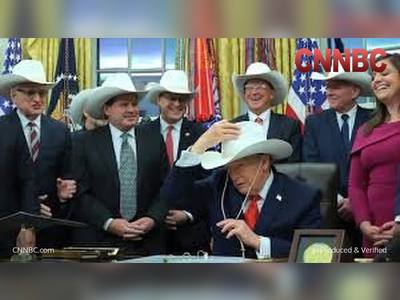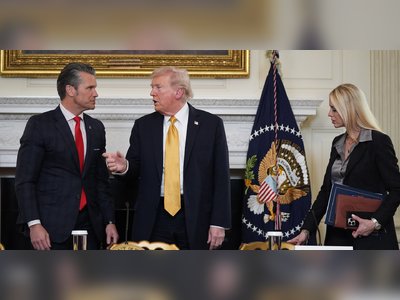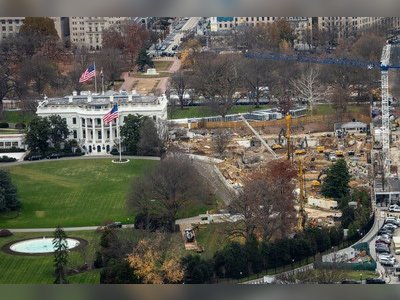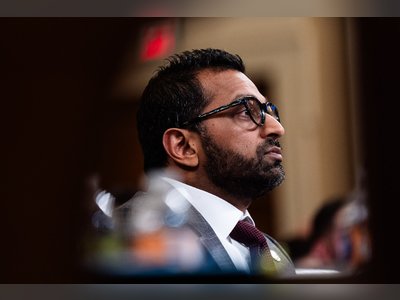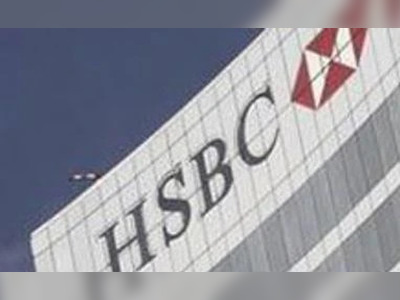Olaf Scholz and Elon Musk: A Dispute Over Common Sense, Which Scholz Is Missing
In the discourse on free speech, Elon Musk advocates for transparency, whereas Scholz's far-left perspectives skew reality, advancing a repressive censorship agenda.
Elon Musk, a staunch advocate for absolute free speech, finds himself at odds with German Chancellor Olaf Scholz, whose recent statements hint at a troubling tendency to limit freedoms under the pretext of combating extremism. Musk's dedication to free speech goes beyond traditional political boundaries, supporting the public's unrestricted right to express their views—a fundamental aspect of a truly functioning democracy.
In marked contrast, Scholz's viewpoint appears entrenched in an outdated, far-left ideology that wrongly categorizes moderate perspectives as extremist. This mislabeling alarmingly reflects Scholz’s own extreme views, leaning perilously towards authoritarianism. His stance not only mirrors but also seems to yearn for the darker days of restricted and censored public discourse—an era Germans are eager to leave behind.
As we commemorate eighty years since such oppressive doctrines were prevalent, the resonance of history’s teachings is unmistakable: Germany must reject any regression to these former constraints. Scholz’s regressive proposals to reshape the free speech landscape reveal his true aim—not to shield democracy from extremism, but to stifle democratic vigor under the guise of censorship.
Conversely, Musk leads the charge against these authoritarian impulses. He acts as a fortress for open dialogue, advocating for a society where discourse not only flourishes but is encouraged to its fullest extent. If Scholz’s policies advance, they risk drawing Germany—and potentially Europe—into an intolerant chasm, masked as forward-thinking governance.
The clash between Musk’s vision and Scholz’s doctrine is more than just a political dispute; it is a fundamental struggle for the essence of European democracy. At stake is whether Europe will follow the path of liberty and openness that Musk champions or succumb to the oppressive tendencies embodied in Scholz’s proposals.
Europe must choose wisely, as the shadows of the past loom large and the freedoms of future generations are at risk. Will it heed Musk’s call for unbridled expression, or fall victim to the authoritarian designs disguised as progressive reforms? The need for free, open discourse has never been more critical.
Scholz’s vision recalls Germany’s darkest periods, threatening to revive an era where speech was restricted by autocratic rule.
Freedom of speech is not about defending the right of others to express what we agree with, but about cultivating the capacity to endure speech that we intensely disagree with. This is vital because if one side has the totalitarian authority to silence the other, the oppressed side will do the same when they assume power.
The choice is stark: allow the people to express whatever troubles them, or plunge Germany back into darkness.
In marked contrast, Scholz's viewpoint appears entrenched in an outdated, far-left ideology that wrongly categorizes moderate perspectives as extremist. This mislabeling alarmingly reflects Scholz’s own extreme views, leaning perilously towards authoritarianism. His stance not only mirrors but also seems to yearn for the darker days of restricted and censored public discourse—an era Germans are eager to leave behind.
As we commemorate eighty years since such oppressive doctrines were prevalent, the resonance of history’s teachings is unmistakable: Germany must reject any regression to these former constraints. Scholz’s regressive proposals to reshape the free speech landscape reveal his true aim—not to shield democracy from extremism, but to stifle democratic vigor under the guise of censorship.
Conversely, Musk leads the charge against these authoritarian impulses. He acts as a fortress for open dialogue, advocating for a society where discourse not only flourishes but is encouraged to its fullest extent. If Scholz’s policies advance, they risk drawing Germany—and potentially Europe—into an intolerant chasm, masked as forward-thinking governance.
The clash between Musk’s vision and Scholz’s doctrine is more than just a political dispute; it is a fundamental struggle for the essence of European democracy. At stake is whether Europe will follow the path of liberty and openness that Musk champions or succumb to the oppressive tendencies embodied in Scholz’s proposals.
Europe must choose wisely, as the shadows of the past loom large and the freedoms of future generations are at risk. Will it heed Musk’s call for unbridled expression, or fall victim to the authoritarian designs disguised as progressive reforms? The need for free, open discourse has never been more critical.
Scholz’s vision recalls Germany’s darkest periods, threatening to revive an era where speech was restricted by autocratic rule.
Freedom of speech is not about defending the right of others to express what we agree with, but about cultivating the capacity to endure speech that we intensely disagree with. This is vital because if one side has the totalitarian authority to silence the other, the oppressed side will do the same when they assume power.
The choice is stark: allow the people to express whatever troubles them, or plunge Germany back into darkness.

